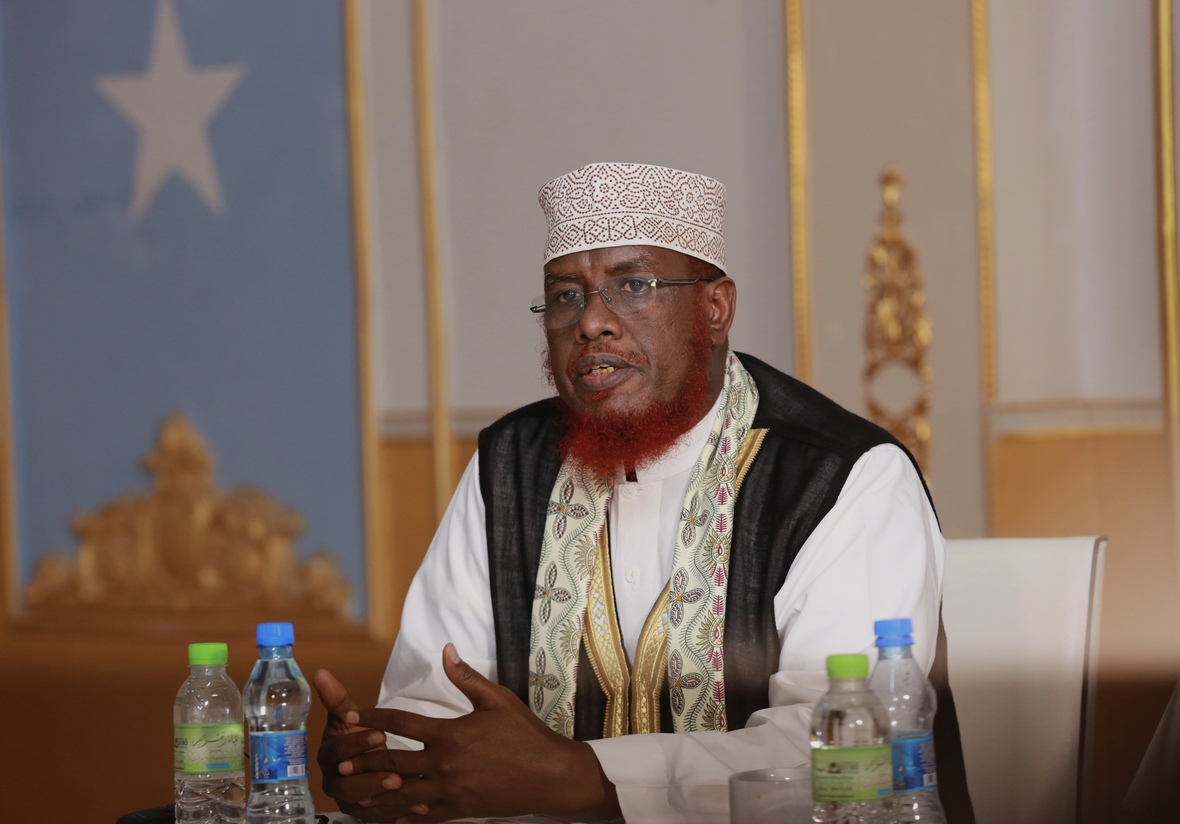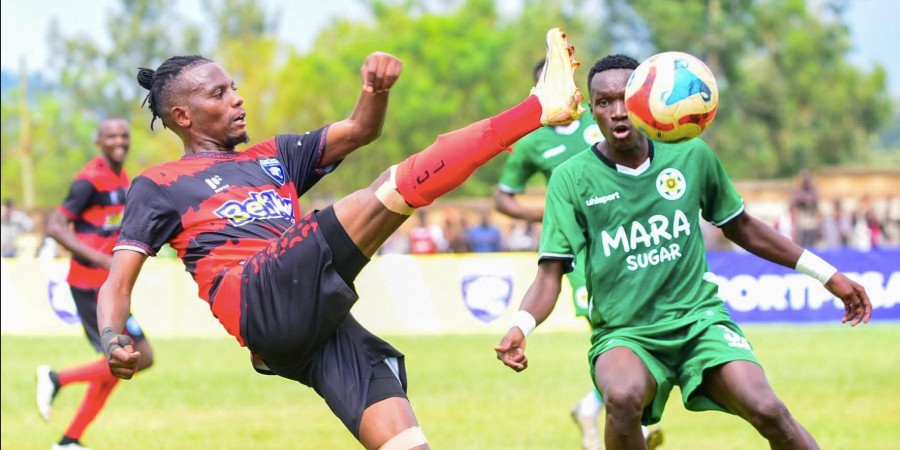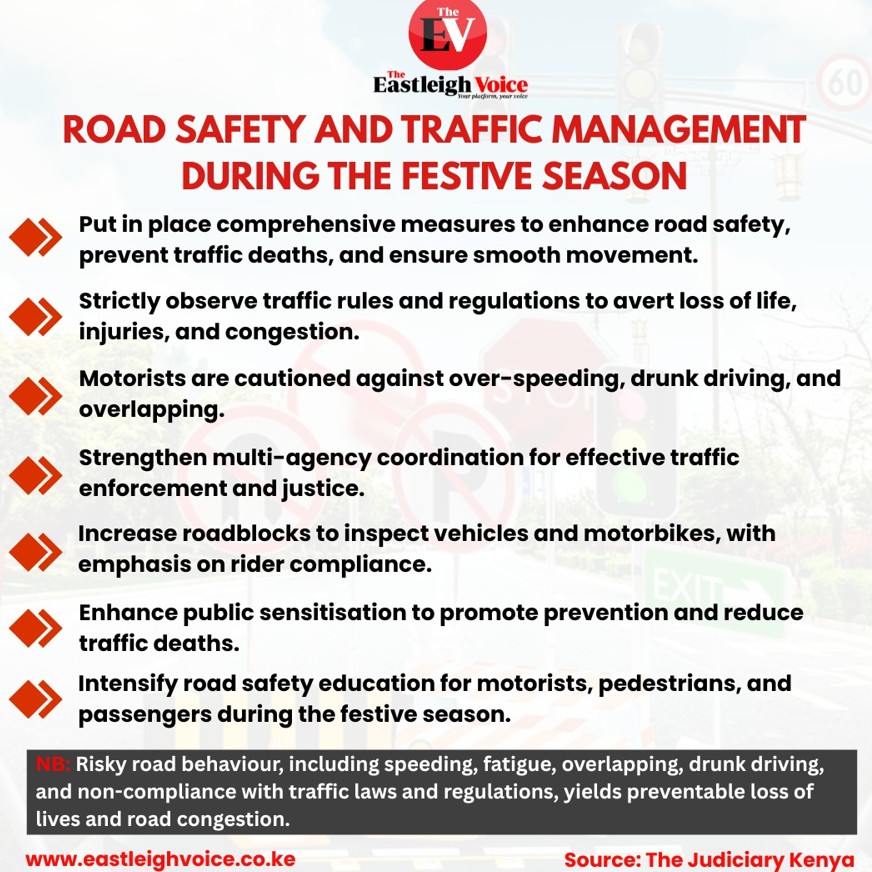Sheikh Mohamed Umal urges Muslims to prioritise helping the poor over Mecca pilgrimage

The Sheikh urged Muslims who have already fulfilled the religious obligation of Hajj to consider spending their money in ways that benefit their communities.
As the Islamic annual pilgrimage known as Hajj is expected to begin on the 4th of next month, depending on the sighting of the moon, Sheikh Mohamed Abdi Umal, the Imam of the largest mosques in Eastleigh, has said that he has not gone to Mecca for pilgrimage in the last seven years.
The Sheikh explained that although he is financially capable of undertaking the pilgrimage, he has deliberately chosen not to perform Hajj or Umrah again in favour of using his resources to support those in need.
More To Read
- Saudi Arabia announces full ban on photography inside Holy mosques
- More than 40 Indians feared dead in Saudi Arabia bus crash
- 5,000 Kenyan Muslims to take part in 2026 Hajj pilgrimage
- Hajj pilgrims warned against using unauthorised agents to avoid fraud
- Mombasa Hajj agents cry foul over SUPKEM's control, seek State intervention
- Muslims in Eastleigh, rest of Kenya observe the Day of Arafah through fasting
Speaking to worshippers at his mosque, Sheikh Umal said he prefers to assist relatives and other Muslims who are struggling to meet their daily needs.
He noted that in the current economic environment, many Muslims cannot afford basic necessities such as food, shelter, and education.
He believes that directing funds to support these individuals carries more spiritual value than repeating the pilgrimage, which is the fifth pillar of Islam.
“The last time I performed Hajj or Umrah was seven years ago. That one thousand dollars I would have used for Umrah or Hajj, I am giving it to my uncle,” said the Sheikh.
He emphasised that the money people use to travel to Mecca would have a greater impact if it were instead given to Quranic teachers in rural villages or used to support Islamic education.
The Sheikh urged Muslims who have already fulfilled the religious obligation of Hajj to consider spending their money in ways that benefit their communities.
According to Islamic teachings, Hajj is only obligatory for Muslims who are physically and financially able to perform it.
Performing Hajj more than once is not required, and the Sheikh pointed out that many people with wealth today choose to go on the pilgrimage multiple times, spending large amounts of money while others around them live in poverty.
“We must know what our people want. We must prioritise the needs of our people rather than taking our money to less important places,” he said.
The Sheikh added that in many cases, the funds used for repeated pilgrimages could be redirected to support the poor, Islamic schools, and teachers, who are in greater need and whose work contributes directly to the development of Islamic knowledge and welfare in society.
Sheikh Mohamed further stated that Islam encourages believers to uplift humanity and respond to the needs of the less fortunate before participating in religious rituals that do not serve an immediate purpose in the lives of others. The Sheikh reiterated that preserving human life and supporting the welfare of others aligns more closely with the values of Islam than repeatedly performing rituals that have already been fulfilled.
Hajj is a religious duty for Muslims who meet the conditions of physical and financial capability. It involves a series of rituals performed in Mecca over several days.
Millions of Muslims from around the world gather each year to take part in the pilgrimage, wearing simple white garments and performing specific rites. While it remains a key act of worship in Islam, Sheikh Umal's message calls for reflection on how believers can better serve their communities in the spirit of faith.
Top Stories Today












































